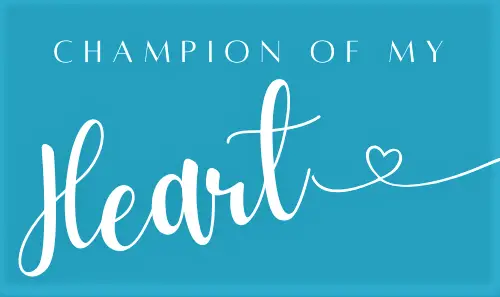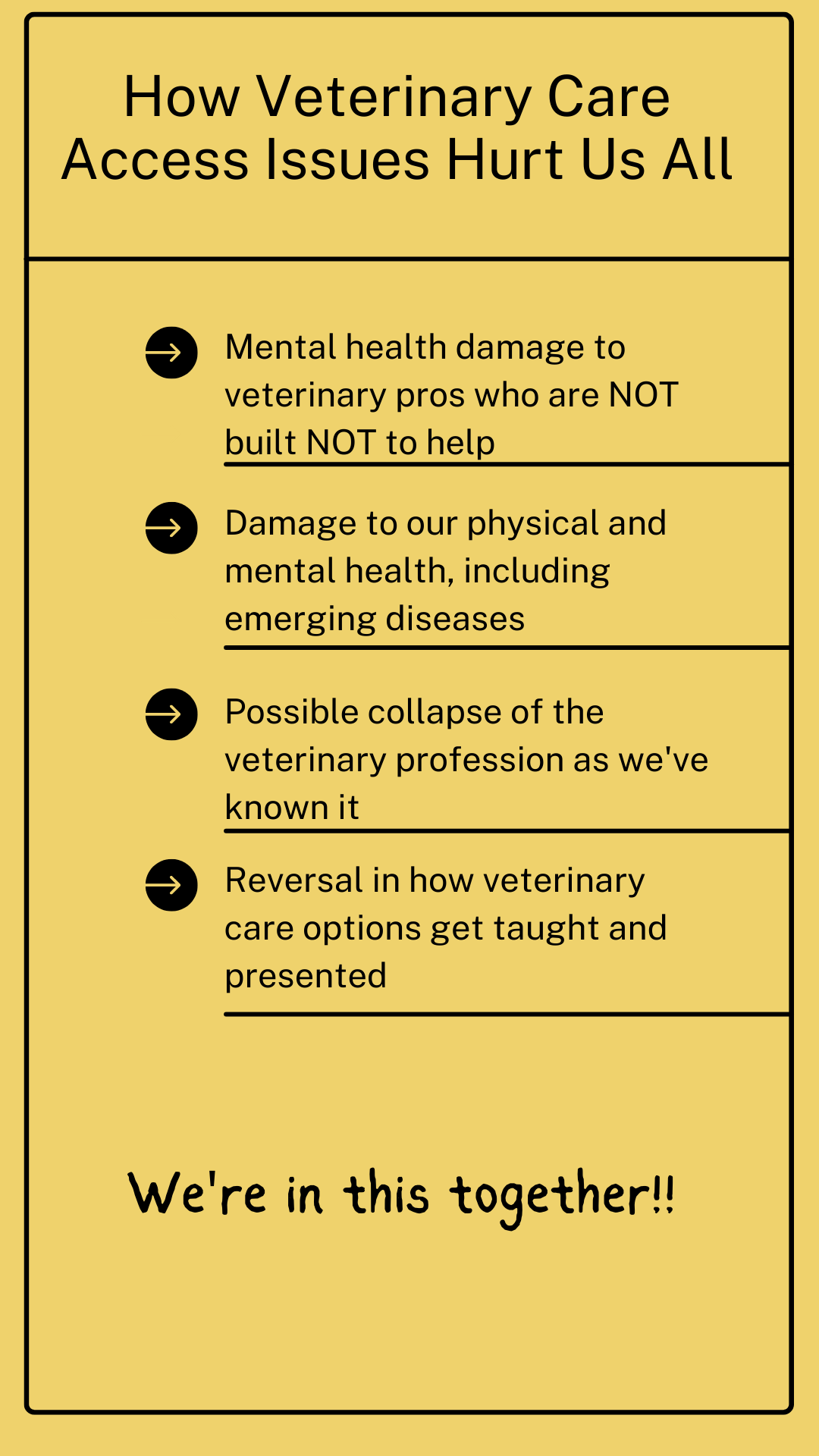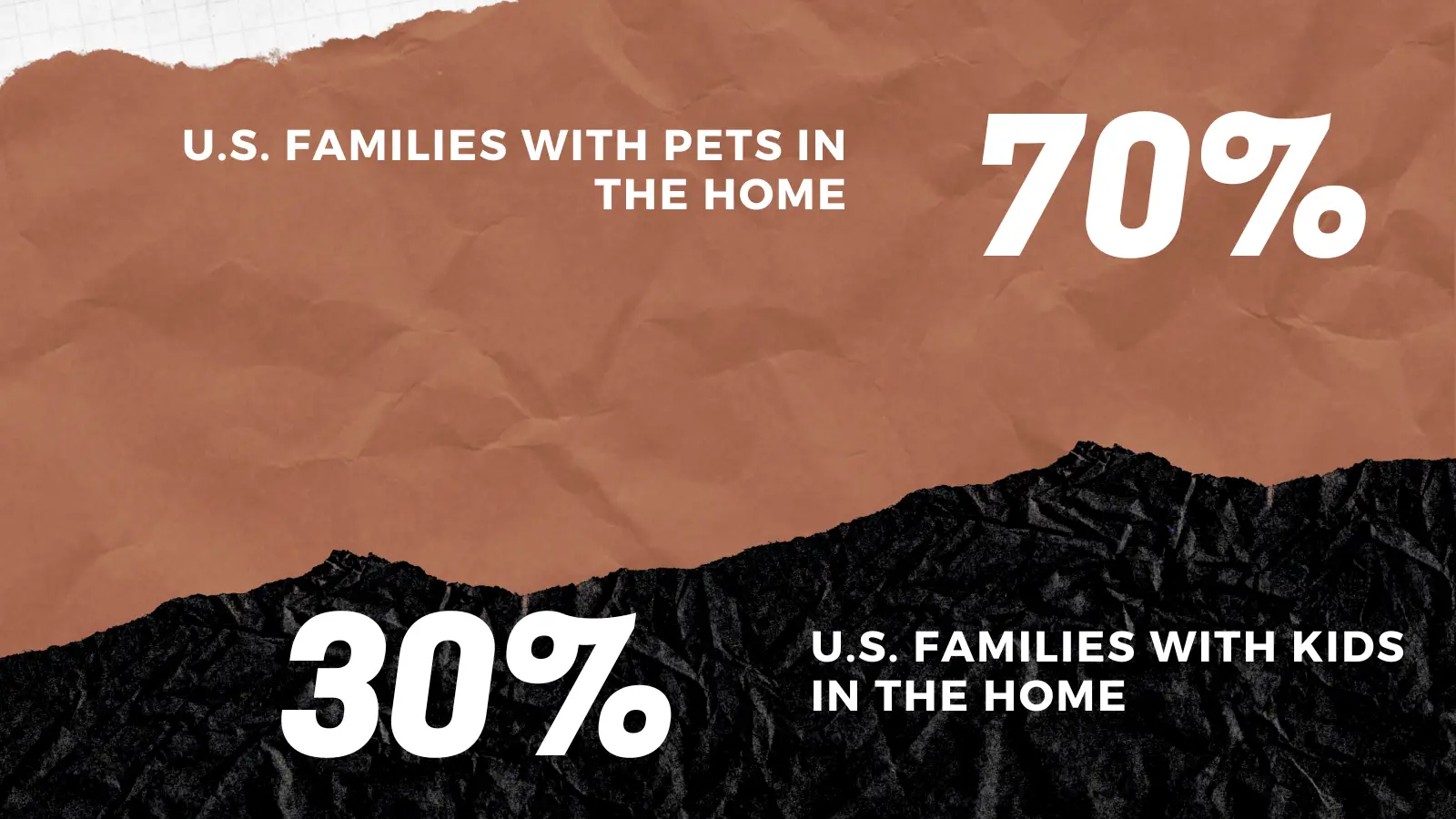Let's continue looking at the problem of veterinary care inequities and how veterinary care access issues hurt us all, including veterinary professionals. That's important because if they keep cutting back their hours and services, quitting entirely, or, worse, dying by suicide, everyone's access to veterinary care is only going to get worse.
More...
Veterinary Care Access Issues
Bash-Free Zone
After 25+ years writing about pet topics and veterinary medicine, I'm a big fan of people who work in the veterinary field. All of them. In case you didn't know, this is NOT the place to diminish, demoralize, and demonize veterinary team members.
Do I point out problems? Yes. Do I think the profession needs some improvements? Yep. Do I worry about the future of the profession? You bet. However, the people themselves (for the most part) don't deserve all of the blame for how veterinary care access issues play out in the real lives of people and pets.
And, honestly, since the start of the pandemic, veterinary client behavior took a major dive, only making things worse. More than ever, this results in clients getting fired, meaning they can no longer go to that veterinary hospital for care again ... ever. Watch this video I did a while back to learn more about how NOT to get fired as a veterinary client.
So as we continue exploring the challenges for both veterinary clients and veterinary professionals, let's all try to be our best selves, for everyone's sake, please.
Veterinary Care Access Stats
Let's start by looking at how pets outnumber kids in U.S. homes. About 70% of us have pets at home, but only 30% have kids. So veterinary care access issues potentially affect a greater number of families than you might assume. And, that's not simply those with the lowest incomes today. The so-called "middle class" also feels a major squeeze with incomes stuck since the late 1970s and early 1980s, when adjusted for inflation and such. Very few get ahead financially. What many of us earn simply does NOT keep up with how much things cost. [Ask me how I know? Look for another post soon about how much our pet insurance premiums went up.]
Veterinary Care Access Issues Cause
Damage to Veterinary Pros
Recently, I shared some data on who isn't getting veterinary care. We can easily imagine what that means for pets and the families who love them, but it greatly damages veterinary professionals too with:
- Patients being turned away without receiving diagnostics or treatment
- Patients being euthanized for treatable / survivable problems
Michael Blackwell, DVM, MPH, FNAP, who chairs the Access to Veterinary Care Coalition, told me in an interview recently that "veterinarians are impacted emotionally, when they have to make these decisions. As I said a moment ago, we're not built to not help. I mean, we signed up to help, right? And so our mental-emotional health is at risk is threatened by these circumstances."
Blackwell went on to tell me this: "Veterinary medicine can't fix what veterinary medicine didn't cause."
In other words, the socioeconomic and public policy issues at play are complicated and well outside the control of veterinarians themselves. Yet, they get all of the blame and rancor and hurtful comments.
As a reminder, Blackwell points out that pretty much nobody expects us to pay for our own medical care without the help of insurance or government programs. Yet, despite pets' major positive impacts on our physical and emotional health, medical care for pets remains almost entirely on us to self fund, even if that means accessing some form of credit ... which isn't possible for many.
Damage to Our Physical and Mental Health
Among the mindset shifts required to fix veterinary care access issues is the One Health Model. Blackwell explains, "That basically says if you want to improve the health outcomes for a population of humans, you really need to factor in the animals that are in their world and in their environment, and the environment itself, but their ecosystem, because these three all intersect humans, animals, and the ecosystem."
For example, let's say an older person is forced to give up a beloved pet due to financial limitations due to human medical costs. Yet, taking away that valued family member results in loneliness, depression, and an expensive medical decline for the person. So many resources and so much money ends up going to deal with that human's health when perhaps some of that money would have been better spent providing adequate veterinary care to keep the pet in the home.
None of our current systems support that happening.
Plus, one of the biggest alarms to ring on this issue comes down to public health. Blackwell says, "Most of the new diseases, the diseases that have emerged in the last 75 years have been zoonotic." That means they jump from animals to people (usually via the food supply, but still an issue in the broader veterinary profession and the world ... as we've recently learned the hard way).
Possible Collapse of the Veterinary Profession As We've Known It
Veterinary hospital ownership will change a lot in the next 10 years. And, major challenges around veterinary practices being able to stay afloat financially will play a big role on who (if anyone, honestly) wants to or can afford to buy all the practices going up for sale soon.
If veterinarians and veterinary technicians, especially younger ones, transition away from direct patient care or flee the profession entirely due to the stress, including their own financial strains from educational debt, then it'll get harder and harder for all of us to access the veterinary care we need for our pets and the level of care we've been conditioned to expect.
Despite perceptions otherwise, many in the veterinary profession don't make much money for their level of education, expertise, and professional demands. In fact, many in the veterinary profession technically fall into the ALICE demographic. Honestly, for many of them, if they didn't get their employee discount on veterinary care for their pets, they also wouldn't be able to afford it.
Reversal in How Options Get Taught and Presented
Blackwell also believes the profession needs to shift back toward a general practice / incremental medicine approach to improving veterinary care access issues for pets. That's how things got done before the explosion in veterinary specialists -- both in veterinary schools and veterinary practice.
Basically, rather then jumping directly to "gold standard" options which causes veterinary clients to feel like crud when they cannot afford that level of care, Blackwell suggests veterinary teams rely on their experience and deductive reasoning to offer smaller steps, more affordable options first and go from there. The theory? Something is better than nothing.
The challenge of that strategy, however, is that if that's not enough to save a pet or for significant improvement, then people will flip out the other way ... that not enough was done.
It's 2 sides of the same coin:
- They want to do too much, and it's costs too much.
- They didn't do enough, and [insert poor outcome here].
This "no win" feeling is doing nothing good for any of us, including our pets and the veterinary professionals who care for them.
We're in this together, kids.





Roxanne, this is fantastic! A good friend who had large show dogs (also she and her husband both had above average salaries) always found fault with the local veterinarians to the point none would serve them. Many of us most likely have had problems with our vets at one time or another, what amazes me is the pet owners who are so negative with vets never find fault with their MD’s? Really! To me it all comes down to attitude and not understanding or caring. Big question: how do we change their way of thinking? Our only animal ER left here now is a big chain, we used them when Mercedes became sick on a holiday. Thankfully we could afford their high prices, we saw many people walk out when they learned how rigid that company was about payment, their prices were given to everyone when they came in and NO exceptions were made. I hope articles like this will help people realize how valuable vets are and try to be more compassionate, the alternative if frightening.